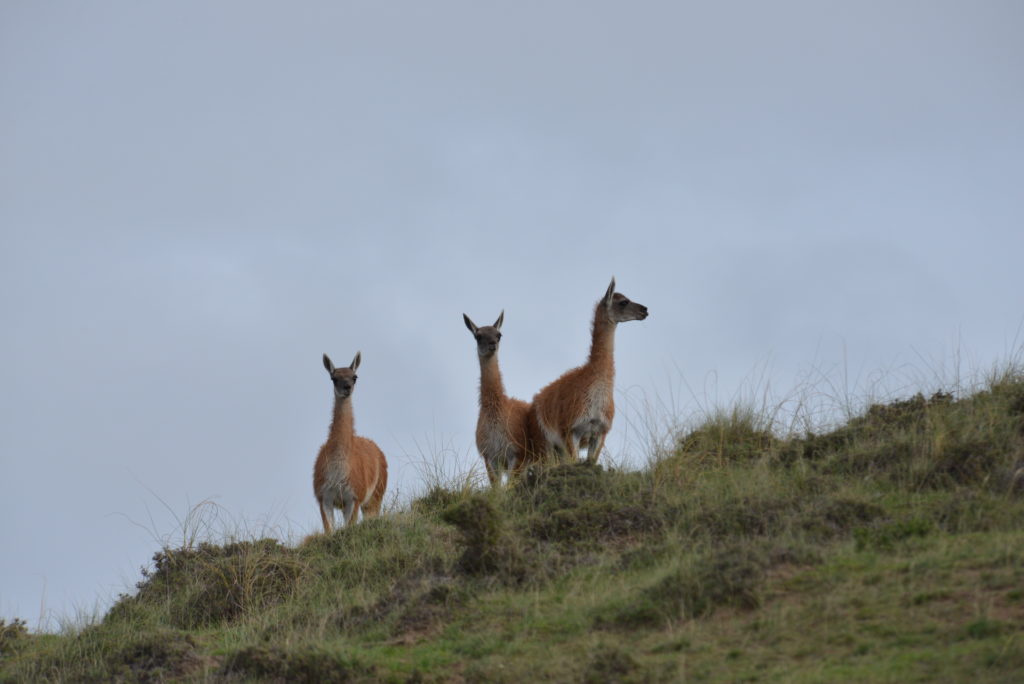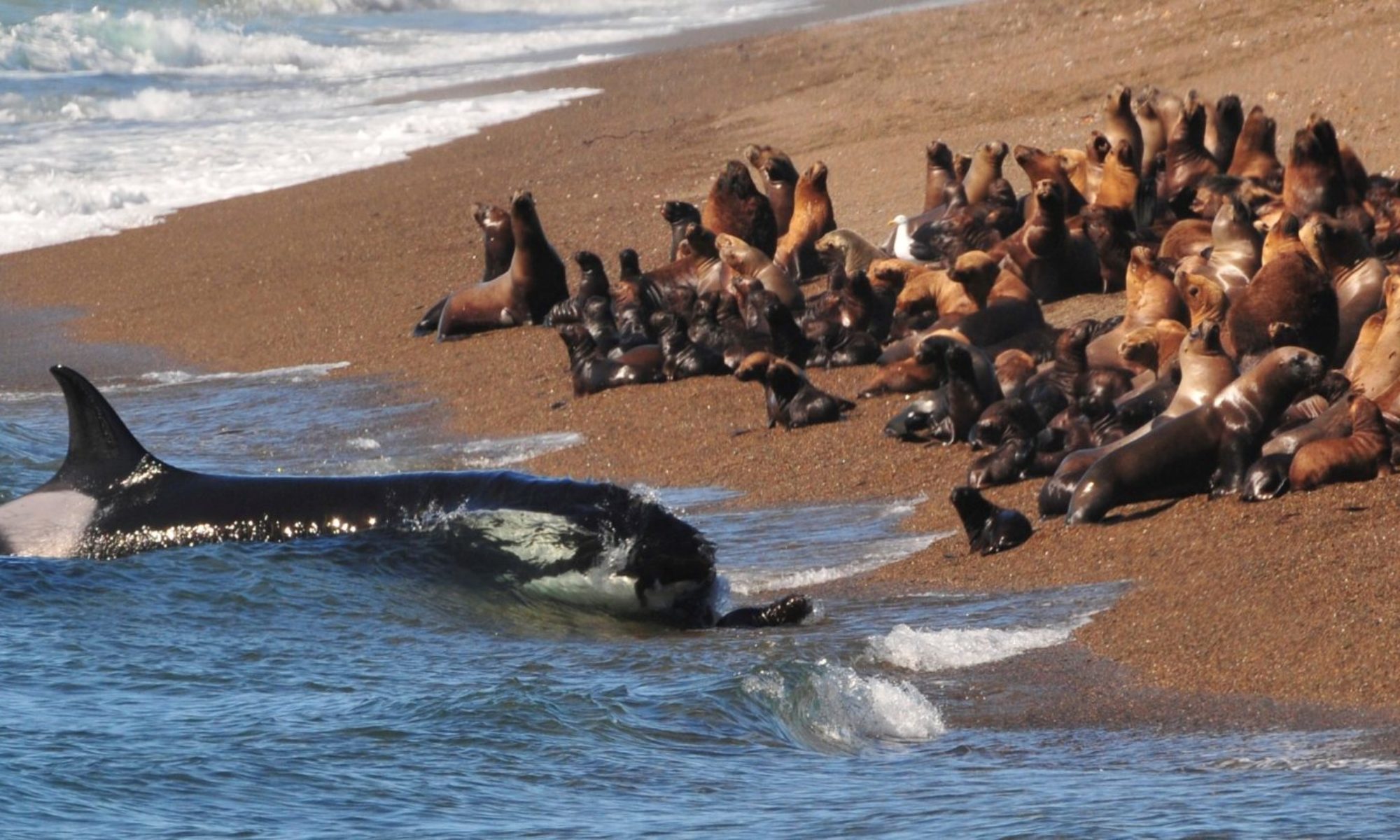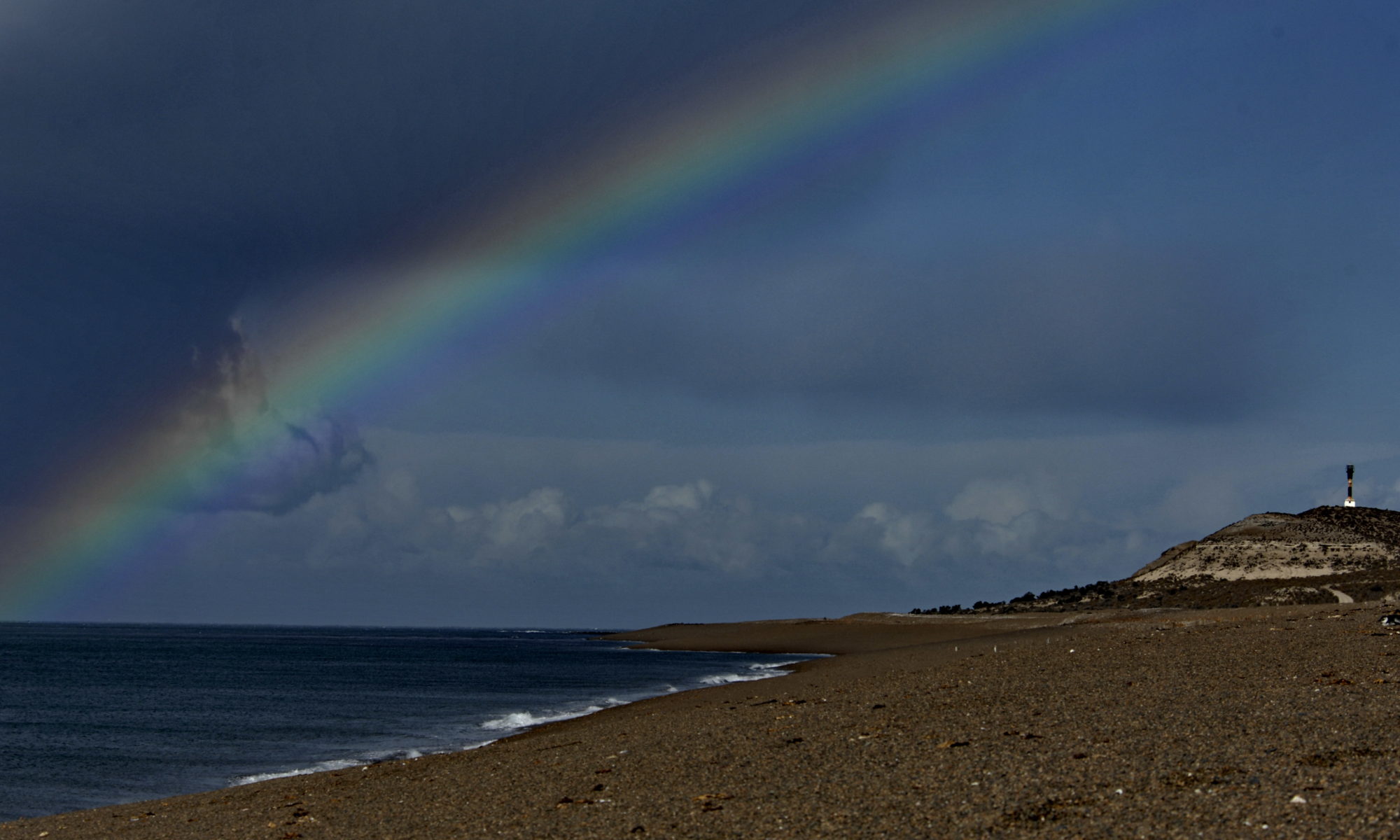Check out our Supporters too!
Stay Informed
Understanding these incredible animals (and therefore knowing the threats that face them and how we can address those threats) is a fundamental starting point towards protecting them. There are a number of ways you can learn more;
Check out our Scientific Research page which has details about some of the work that our team members are doing,
Watch documentaries from reputable sources to learn about the hunting behaviour and other aspects of the lives of these orca,
Some of the frequently asked questions about these orca are answered on our FAQs page.
Keep the Ocean Clean
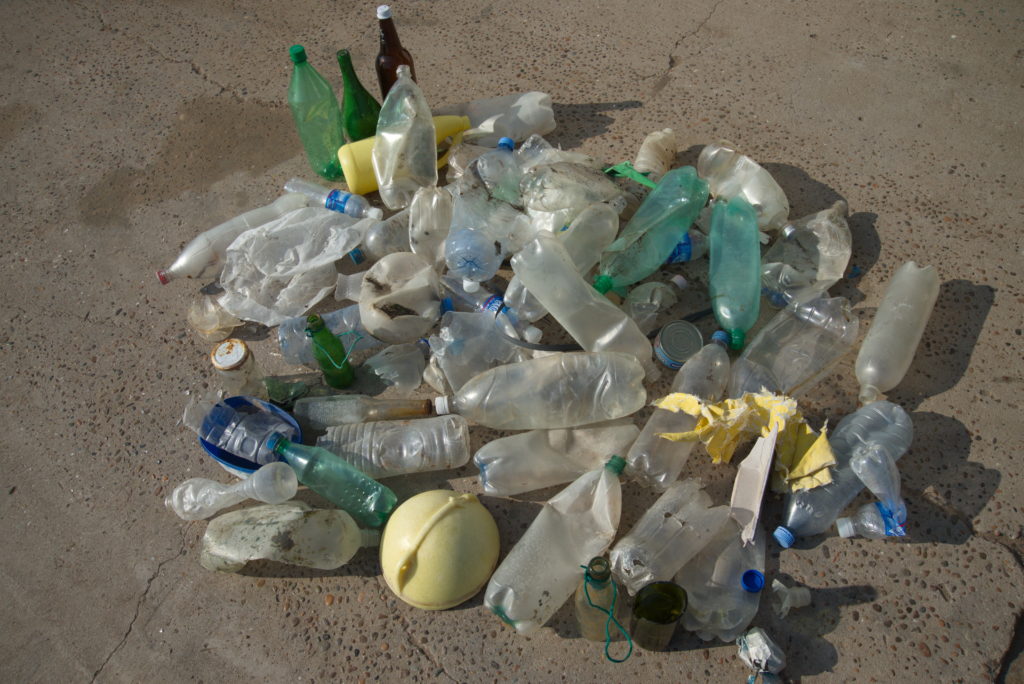
Our oceans are all connected – please consider cleaning the beaches near your place so that all orca around the world have a better habitat to live in.
Follow PNOR on Social Media
Depending on what is happening in the field, we will keep you updated with information about the orca at Punta Norte and elsewhere.
Please consider helping the orca by following us (either click on the links or search for us on the platform of your choice), so that you can have scientifically accurate information about this population and help spread the word about our research (thanks!).
Punta Norte Orca Research Facebook
Punta Norte Orca Research Instagram

https://www.facebook.com/PuntaNorteOrcaResearch/ 
https://www.instagram.com/pn_orca/
Donate funds to help protect these orca
Conducting research always costs money. We use donations to purchase equipment and for general in-the-field costs. Just a few field research items we use includes (but isn’t limited to); cameras, lenses, tripods, binoculars, radios, radio towers, solar panels and batteries to run the radio towers, fuel to get to the field, first aid kits and waterproof notebooks.
Working within the marine and coastal environment always places high stressors on equipment, so we need to constantly maintain or replace all this field gear. The Estancia (farm) La Ernestina, where PNOR is hosted, generously provides us vehicles (rugged Land Rovers), however these too need to be maintained.
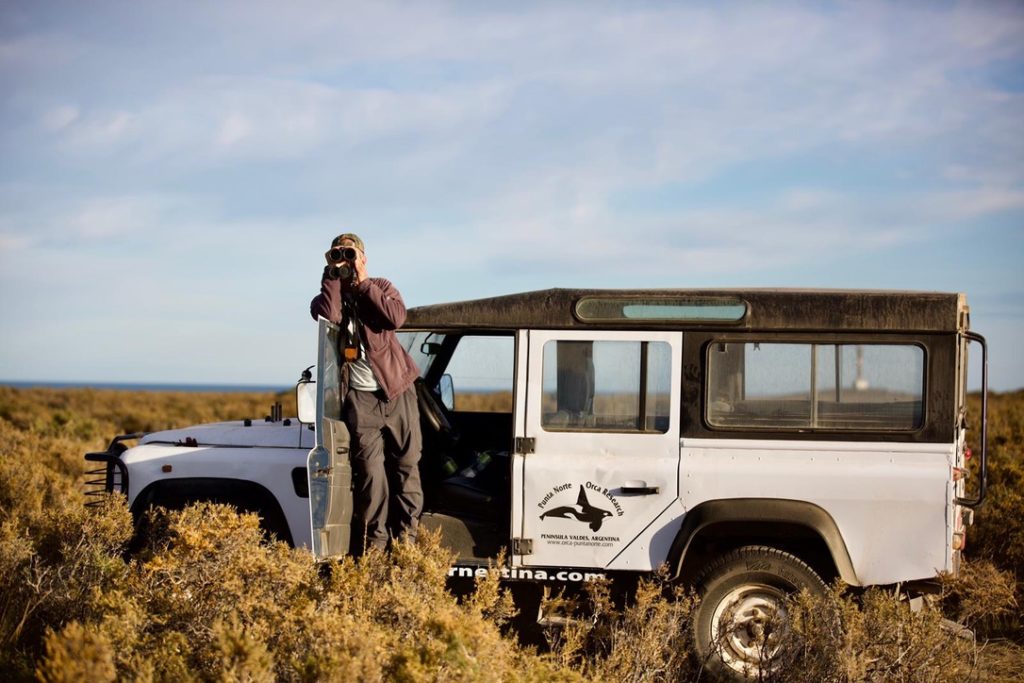
Then there is the non-field gear such as computers, hard drives, software and office supplies and the cost of flights (domestic and international) for our team to get on location.
As part of our commitment to protecting not only the orca, but also their habitat and the other animals who live there, we have fenced off large areas of coastline alongside the public road. This helps to protect the extremely sensitive sealion colonies and other wildlife (people used to try and drive right down to the beach, destroying the rugged and slow-growing vegetation, disturbing the sealions and birds (including their nests) and in some cases their vehicle tracks can still be seen years later). To help educate visitors we have put up signs to inform them that this is private property. They are also informed when they arrive into the UNESCO site that they must keep off these protected beach areas. Naturally, all these fences and signs require maintenance, so although the initial cost has been kindly covered by donations, there is an ongoing cost to keep them effective.
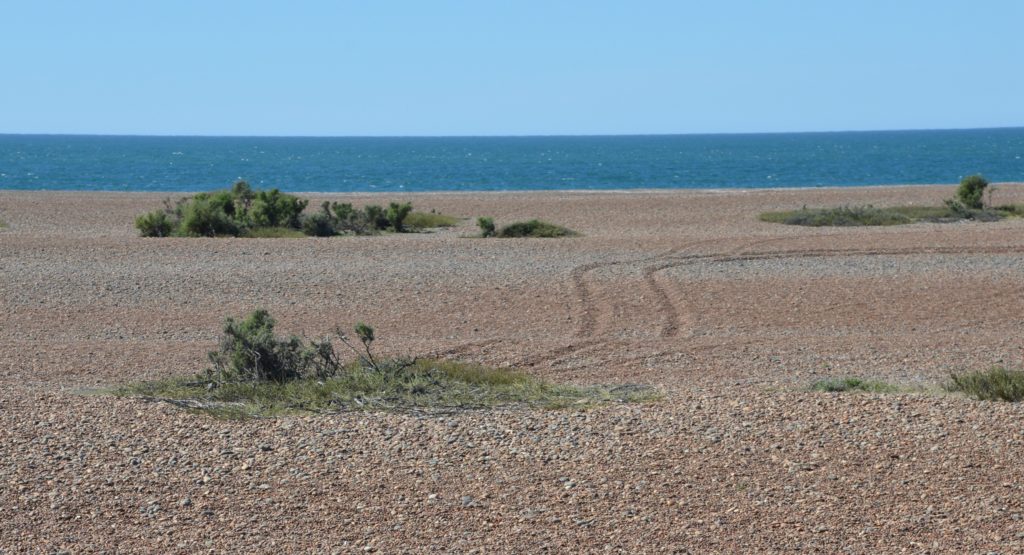
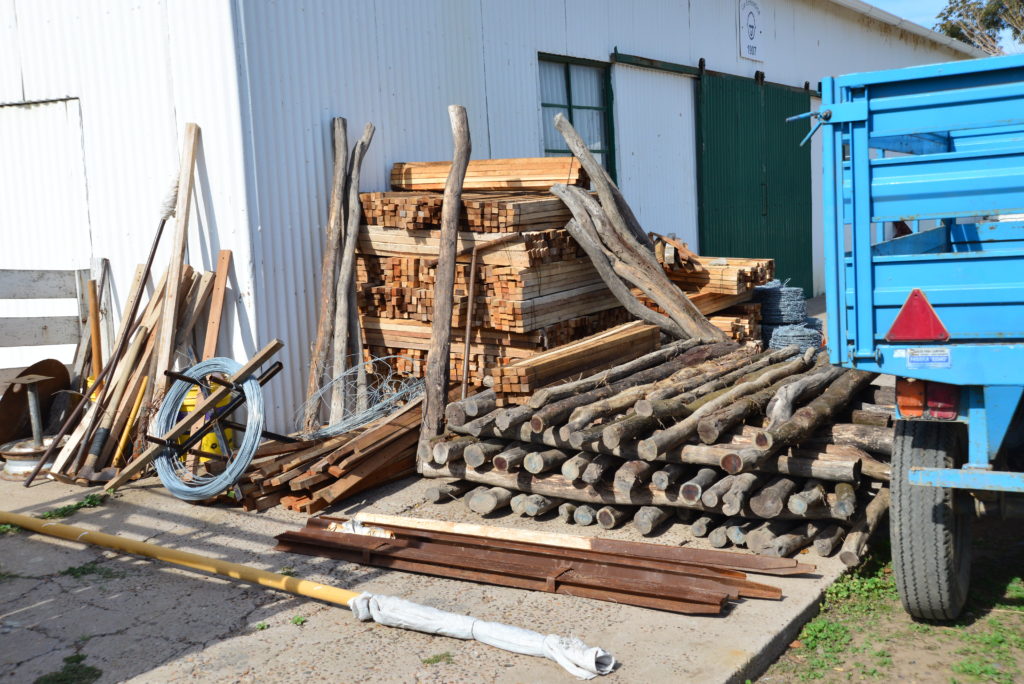
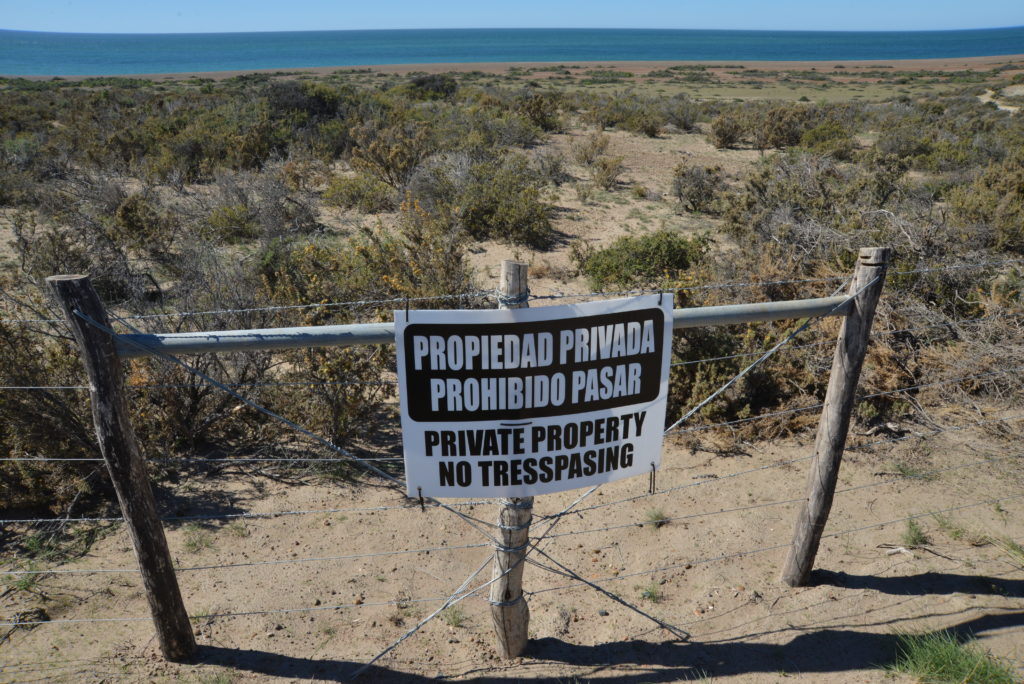
You might also wish to donate a ‘virtual’ piece of equipment (you donate and we purchase the item – which in many cases removes shipping costs).
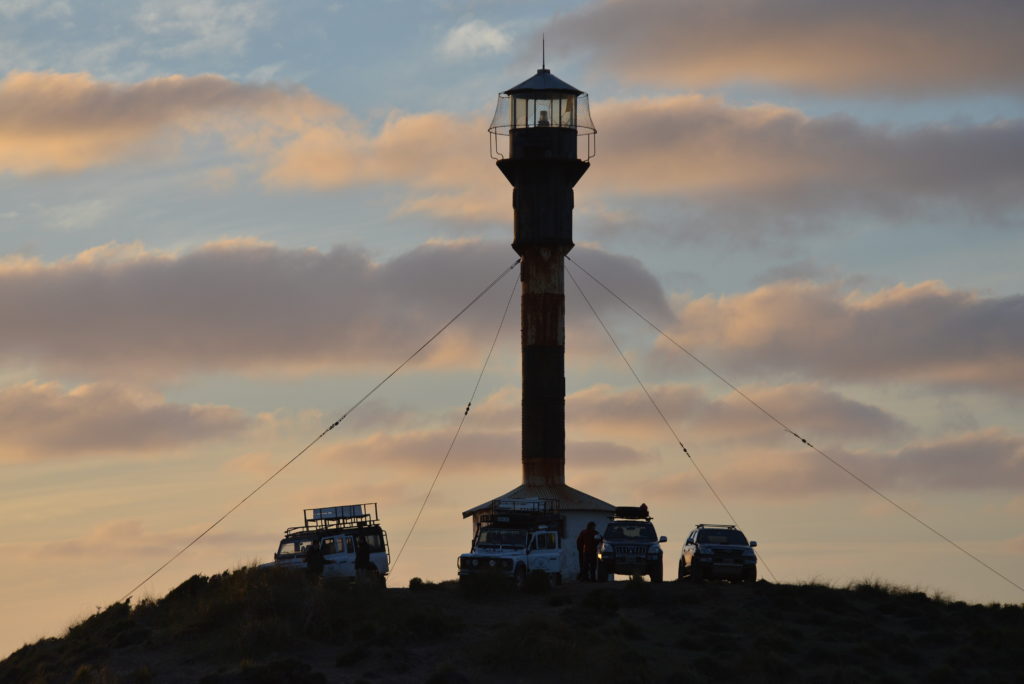
Please reach out to us if you would like to support the orca and the work that we do. Our details can be found on the Contact Us page.
Goods & Services ‘in kind’
Perhaps you have equipment that you would like to donate to PNOR ? Please see the section above, regarding the types of gear that we use, and please reach out to us if you would like to support the orca and the work that we do. Our details can be found on the Contact Us page.
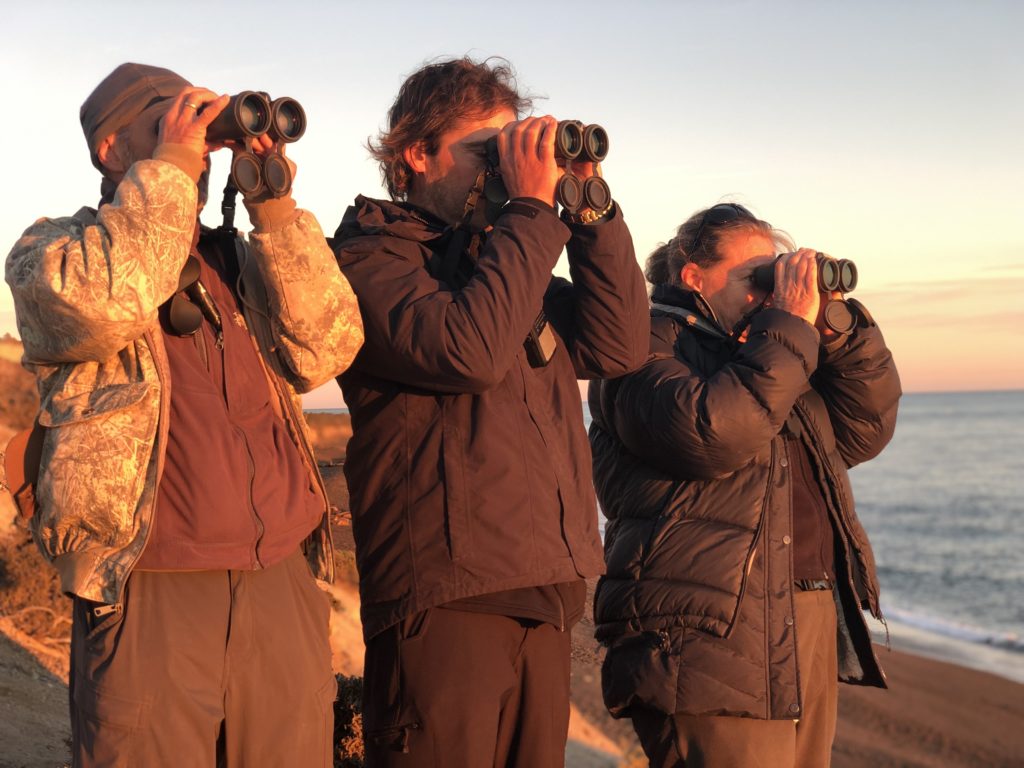
Contribute air-miles
As part of our team is based outside of Argentina, we would welcome donations of air-miles or simliar to help rotate them into the field site. Please reach out to us if you would like to support the orca and the work that we do. Our details can be found on the Contact Us page.
